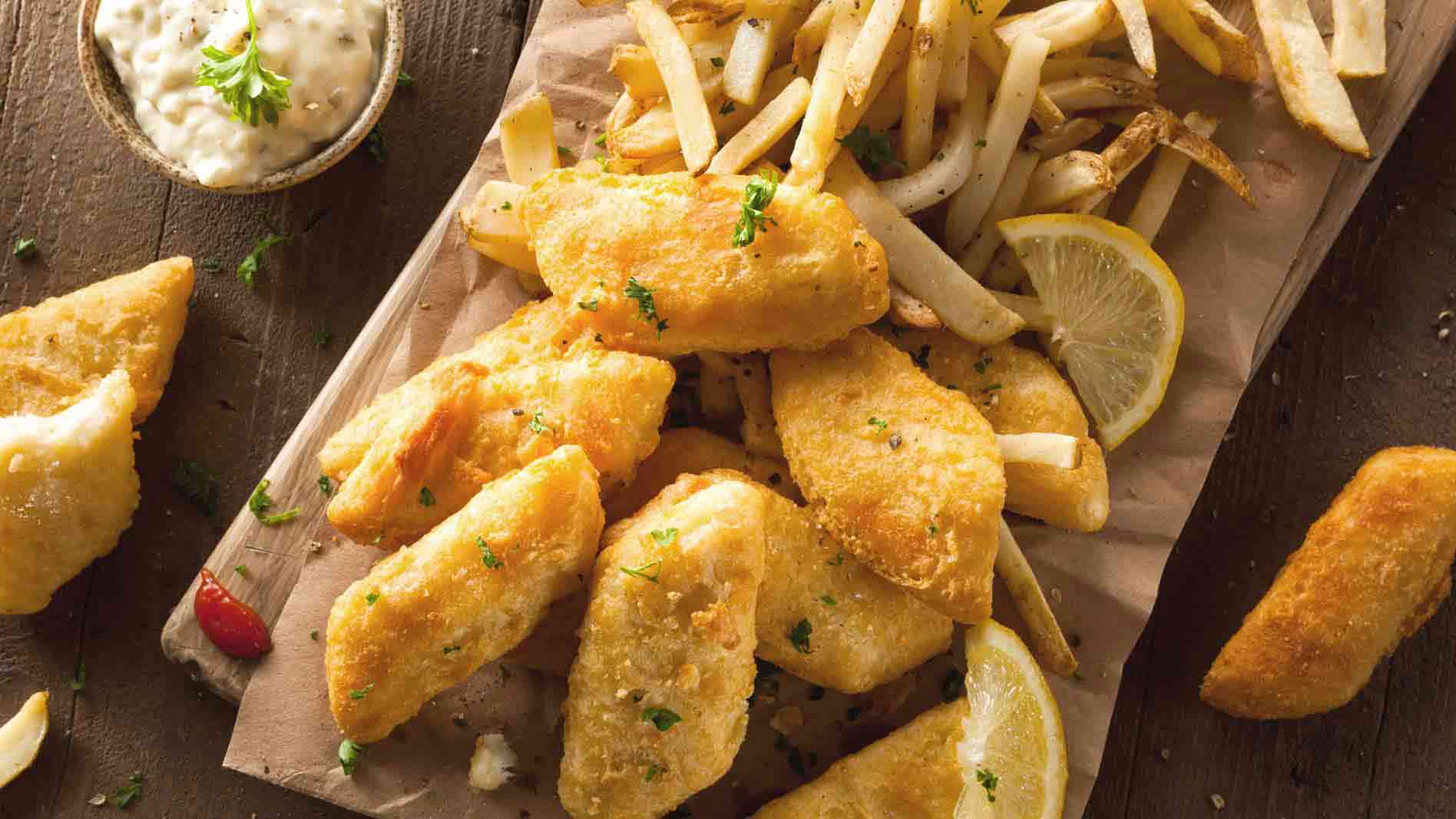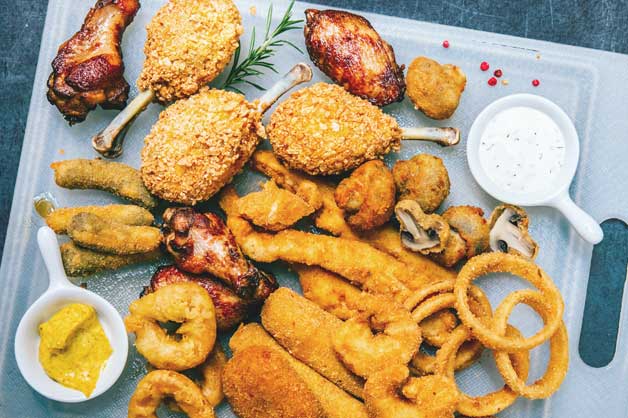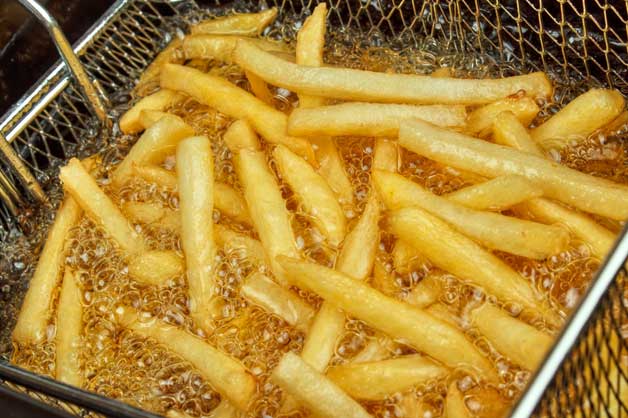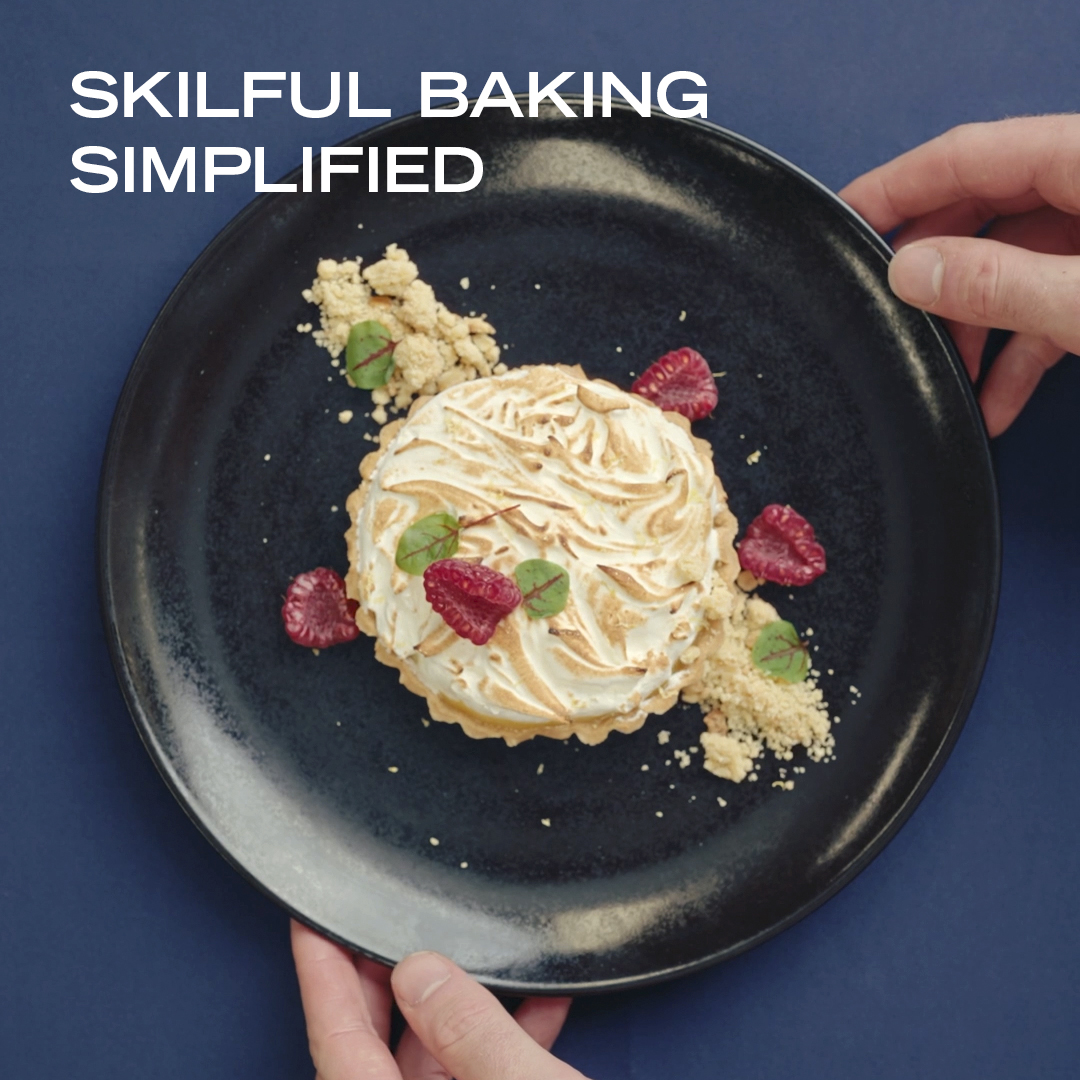
Managing oil yield is one way to get bang for your buck in the kitchen and this article will give you some quick tips so you can get on your way to making savings.
We all know that produce affects profits. Poor quality foods might increase profit margins for a short time, but will not satisfy your customers in a way that will sustain your business.
Conversely, ordering the most expensive version of everything can eat into your profit margins unless carefully managed to ensure high-end products don’t go to waste.
Sure, you’re not splurging on caviar, but have you thought about the cost of kitchen staples like oils and fats and how they might be affecting your expenses? When it comes to deep frying, many restaurants are simmering away cash along with their calamari.
Managing oil yield is one way to get bang for your buck in the kitchen and this article will give you some quick tips so you can get on your way to making savings.
So, how do you make your deep fried foods taste great while getting maximum mileage out of your oil? The answer is, start by finding the best oil for deep frying.
Deep Frying? Get The Good Oil:
The quality of your oil affects the taste, mouth feel, colour and texture of your food. And while your clients don’t know what you’re pouring into your vat, they’ll certainly be able to tell you if it’s producing a golden, pillowy dream or an oily, soggy mess. Ultimately, if the food is good, your clients will be back, so using a premium product can equate to improving profitability.
The most effective oil varieties for deep frying are high oleic oils – oils high in monounsaturated fats, which gives them greater stability and provides an intensity to fried flavours.
For example, Goodman Fielder’s Crisco Endura oil delivers more than two and a half times the fry life of standard canola oil. This can provide a financial benefit in addition to serving your customers with a higher quality product.
Stick To The Fry Life:
If you’re deep frying, your oil will have a specific lifespan and customers will notice if your oil is overdue for a change. Oil begins to break down with heat and ongoing cooking to the point where it needs to be replaced. You will know when your oil is past its fry life as it will darken food quickly and give the food an off-flavour and compromised mouth-feel.

ARE YOU GETTING YOUR MONEY’S WORTH FROM YOUR OIL SUPPLY?
Download your free Guide To Using Oils today to ensure your oil is going the full distance.
Keep It Clean:
Ideally, oils should be strained after every service or at least every day. Leaving crumbs floating in the oil causes them to burn, which darkens the oil and gives the fresh food you drop in a bitter flavour. The process of rapid oil breakdown, which is caused by these leftover crumbs will deplete the fry life of your oil and you won’t get the optimum mileage out of each vat.
Think About Customers’ Health:
You don’t need to convince them to swap their hot chips for a superfood smoothie, but keeping the health of your customers in mind when you’re dealing with purchasing ingredients will benefit you in the long run.
Seeking out products that have been approved by the Heart Foundation is a good start and again, Goodman Fielder’s Crisco Sunola, Canola, Liquid Gold and Endura varieties tick the box here.





